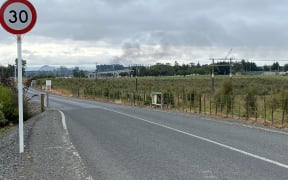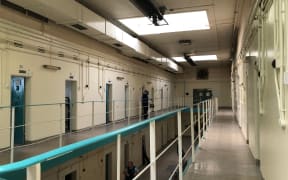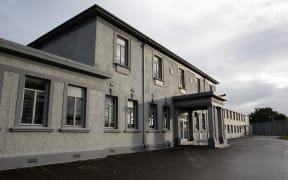By Sir Kim Workman
The Waikeria Prison situation brings back painful memories of my own. Between 1990 and 1993, as operational head of prisons in the then Department of Justice, I attempted to implement a reform strategy known as 'He Ara Hou' (A New Way).
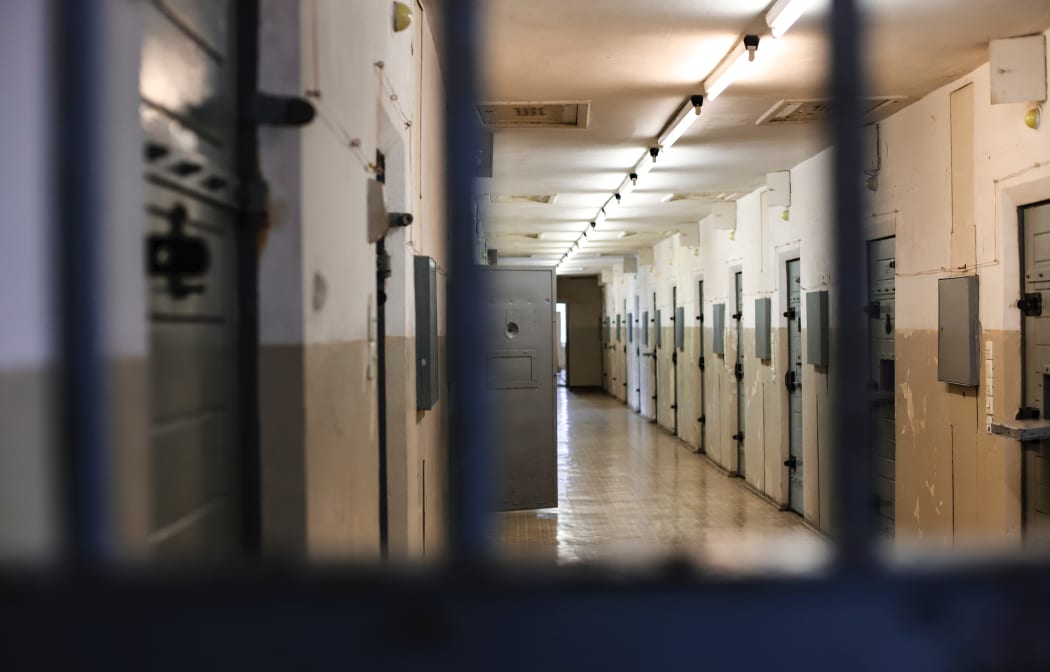
(File image). Photo: Unsplash / Matthew Ansley
In 2019, the government committed to 'Hokai Rangi' a visionary strategy to transform the prison system. 'He Ara Hou' failed and closed down at the end of 1993 - 'Hokai Rangi' has yet to succeed. There are lessons to be learned.
There are striking similarities. Prisons have always been places of extreme violence, and when prisoners are treated in such a way that they return to the community more violent, prisons become a cause of crime. For Māori, prisons have a history which insists on repeating itself.
In colonial times, the imprisonment and arbitrary detention of entire whānau (men, women and children) was a key strategy for dealing with Māori who resisted the unlawful actions of the state, or who were perceived by the state as comprising a "dangerous underclass" or being "in rebellion" to the state.
Today, when Māori rise up because of their unlawful treatment in prison, the same labels are attached, and they are denied food and water. Any decision to 'storm the bastion' will complete the journey back to colonial times.
During He Ara Hou, I failed to understand or respond to, the underlying culture of violence that existed within the prison system. That gap in my education was taken care of when after a series of incidents at Mangaroa Prison (now Hawke's Bay), a ministerial review disclosed a culture of violence and corruption, and not only in Mangaroa.
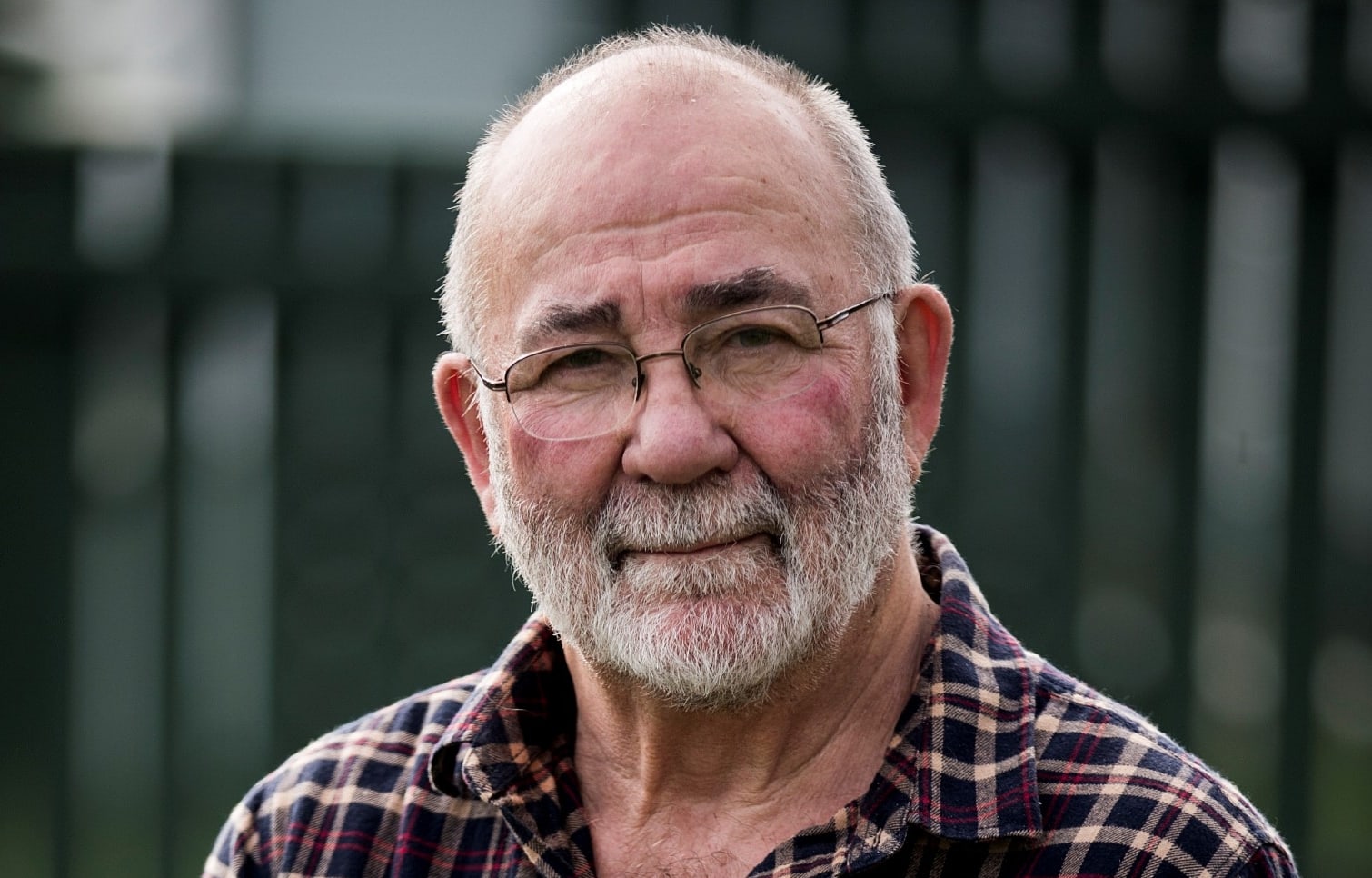
Sir Kim Workman is the former operational head of prisons of the the Department of Justice, now the Ministry of Justice Photo: Dr Kim Workman
These days, the Chief Ombudsman's reports make clear the inhumane conditions and level of violence. A report about Waikeria was published five months ago, describing the top jail as 'no longer fit for purpose'. This was hardly news - in 2017, Corrections expressed concern to the minister that the condition of the top jail meant that they could no longer guarantee staff safety, and that there was an increased risk of violence, self-harms and suicide incidents.
Aotearoa has a history of ignoring the basic human rights of prisoners, both in the way prisoners are treated, and the conditions in which they are expected to survive. In 1988, by the department's own admission, the facilities in many institutions were rundown, inadequate or non-existent, and too little done for prisoners in the way of constructive activity.
While physical conditions have improved since then, recent reports from the Chief Ombudsman, the Prison Inspectorate, policy reports 'Ināia Tonu Nei' and 'Turuki, Turuki' show that we still have some distance to travel.
The turmoil at Mangaroa Prison went on for some time, and came to a head when in January 1993, a prisoner at Mangaroa Prison stabbed a prison officer with a chisel. Three prisoners who witnessed the incident but failed to alert the prison staff were repeatedly beaten by prison officers over three days, while held naked in an exercise yard. It led to an initial suspension of 19 officers, and the subsequent dismissal of 12.
The emotional response to staff dismissals was predictable; outrage, relief, anger, and stunned silence. Battle lines were drawn between and within the media, staff, and the union. Local Opposition MPs Michael Laws and Geoff Braybrook commiserated with prison staff, and called for my resignation in Parliament.
We were rescued by the then Minister of Justice, Doug Graham, who, tiring of the department's inability to restore order to the prison, commissioned an independent ministerial inquiry into Mangaroa Prison by Basil Logan - later Sir Basil Logan.
The report, released in July 1993 was an indictment, not only of management of the Penal Division, but also of the management culture within the Corrections group and the Department of Justice. The report identified significant gaps in the department's planning and management systems, including head office functional accountabilities. When the Department of Corrections was formed in 1995, the Logan Report became a standard reference text, for future planning.
When an incident of that kind occurs, the media, the public and politicians can make a false correlation between the performance of a single prison and the wider reform agenda. On this occasion, He Ara Hou became the scapegoat, and was replaced at the end of 1993, by a punitive response, more fitting to the 'tough on crime' policies of the day.
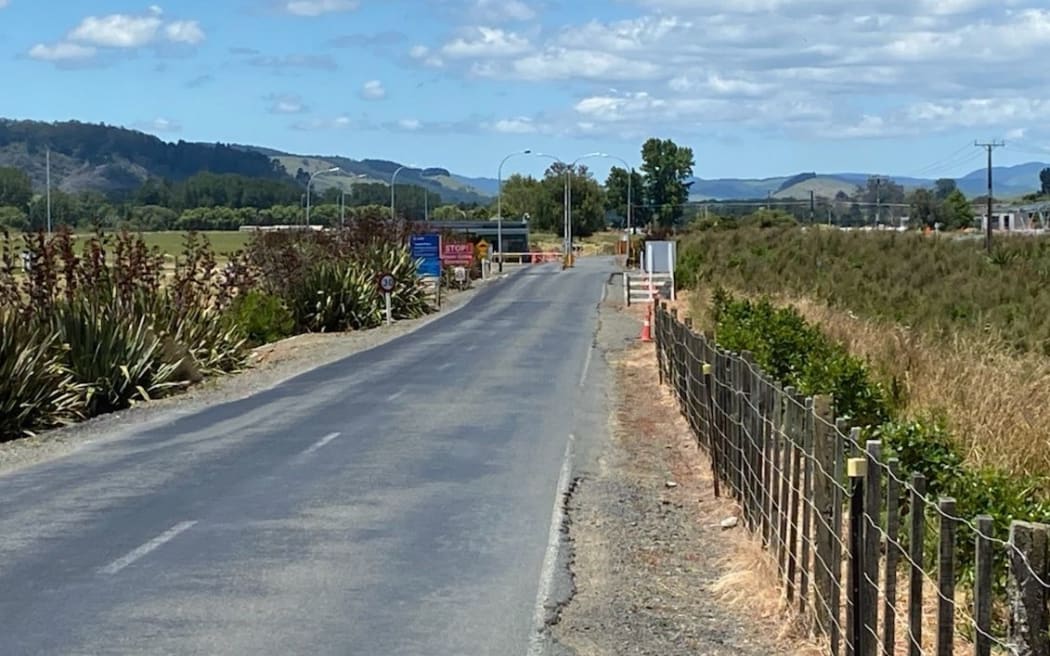
Photo: Supplied
There are some lessons from He Ara Hou, that apply to the Waikeria situation. First, avoid taking a simplistic 'us vs them' approach. It's much more complex than that. Second, avoid political grandstanding - don't use the situation to take pot-shots at the opposition. Third, move quickly to addressing the wider issues with an independent inquiry - one which addresses not only the immediate incident, but the wider systemic issues.
The term 'Hōkai Rangi' is taken from a tauparapara (ritual chant) which describes Tane's journey to the heavens. However, that journey is preceded by 'Te Hōkai Nuku' which refers to the earth-bound advancement of knowledge.
May I suggest that in order to achieve our heavenly vision, we must first ensure that 'Hōkai Nuku' is implemented, and that at a basic operational level, all prisoners and staff are treated with dignity and respect.
*Sir Kim Workman, Ngāti Kahungunu ki Wairarapa, is a criminal justice advocate and former policeman, Families Commissioner and operational head of prisons in the then Department of Justice.
